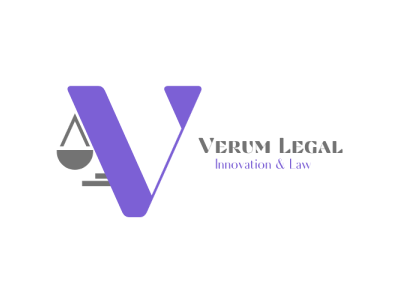 The global market is currently threatened by trademark trolls. These entities try to exploit legalities to profit from established brands, causing harm to brand reputation and finance.
The global market is currently threatened by trademark trolls. These entities try to exploit legalities to profit from established brands, causing harm to brand reputation and finance.
A trademark troll is an entity or individual that maliciously uses or registers a mark to extort money from the rightful owner of a similar or identical mark. These trolls primarily generate profit through filing infringement lawsuits, entering into acquisitions and/or licensing discussions, or by extracting settlement fees from the rightful trademark owners who are seeking to resolve disputes.
Understanding trademark trolling
Trademark trolls can emerge in various scenarios. They may register a mark owned by another business in another country, then sue the business for licensing fees or gain an unfair advantage. For instance, a Chinese firm registered the transliteration of the CASTEL mark and prevented Freres Sas from using CASTEL in China, even though Castel had originally used the mark years prior. This situation demonstrates how trademark trolls can exploit China’s first-to-file trademark registration system.
Alternatively, a troll may register a term from popular culture, then notify individuals and businesses to cease using the ‘mark’ online and begin demanding royalties or threatening legal action. In such situations, the alleged infringer may ignore the troll or challenge the complaint.
In common law countries such as India, the ‘First to Use’ principle is implemented, providing legal protection to trademark owners. For instance, in India, a situation occurred where a troll had applied for the “PS5” trademark before Sony launched the PlayStation 5 console, which consequently led to a delay in the console’s launch within the country.
Additional concerns and effective strategies
Similarly, cybersquatters exploit the Domain Name System registration to gain an unfair advantage. They reserve domain names of established companies to access their goodwill.
Some ways to combat trademark trolling include improving the registration process, especially in first-to-file jurisdictions. It is essential to regularly update the trademark search and review and update registration fees. Additionally, monitoring the use of your trademark in troll-friendly nations is crucial. Lastly, supporting legislative advancements in trademark law can contribute to effective strategies against trademark trolls.
India’s stand on trademark trolling
India’s trademark trolling issue is less severe than in other first-to-file jurisdictions. However, a robust IP framework is crucial for sustained domestic and international investments. The current resolution method is through the legal system, but a quick dispute resolution quorum should be established effectively to combat trolls. Nonetheless, India’s reliance on the trans-border reputation concept and the common law “passing off” remedies make it challenging to register well-known trademarks intentionally. The law supports original owners and opposes squatters. Still, amendments to our legislative framework could establish a more robust IP regime to support India’s foreign economic progress. Due diligence and long-term business strategy are always essential.
Lessons from landmark cases
In recent years, the subject of trademark infringement has taken center stage in India as the country’s digital economy continues to grow. Notable cases have highlighted the complexities of protecting intellectual property rights in an increasingly interconnected world.
One such case is that of Yahoo! Inc. v. Akash Arora & Anr. An individual named Akash Arora adopted the domain name “Yahooindia.com” for similar services. This triggered a legal dispute as Yahoo Inc. claimed that Arora’s operation was infringing on their trademark and creating confusion among the public. The Delhi High Court addressed cyber-squatting in the matter and aided Yahoo! Inc. in prohibiting the defendant from using “Yahooindia.com”.
In a different digital sphere, the Academy Awards v. GoDaddy case highlights the complexities of domain name sales and trademark infringement. In this case, the Academy Awards accused GoDaddy, a popular domain retailer, of allowing customers to purchase domain names that were deceptively similar to theirs. The crux of the issue here was whether GoDaddy was intentionally profiting from these potentially confusing domain names. In a significant ruling, the court determined that GoDaddy did not act maliciously, thereby underlining the fine line between fair business practices and potential infringement in the digital domain space.
These cases demonstrate that as India’s economy continues to grow and globalize, the country will likely face increasingly complex trademark infringement issues. Therefore, understanding these past cases can provide valuable insights for businesses and individuals to navigate India’s evolving intellectual property landscape.
Written by Mudit Kaushik, Partner, Verum Legal
| MORE NEWS | | WRITE FOR OUR NEWSLETTER |











